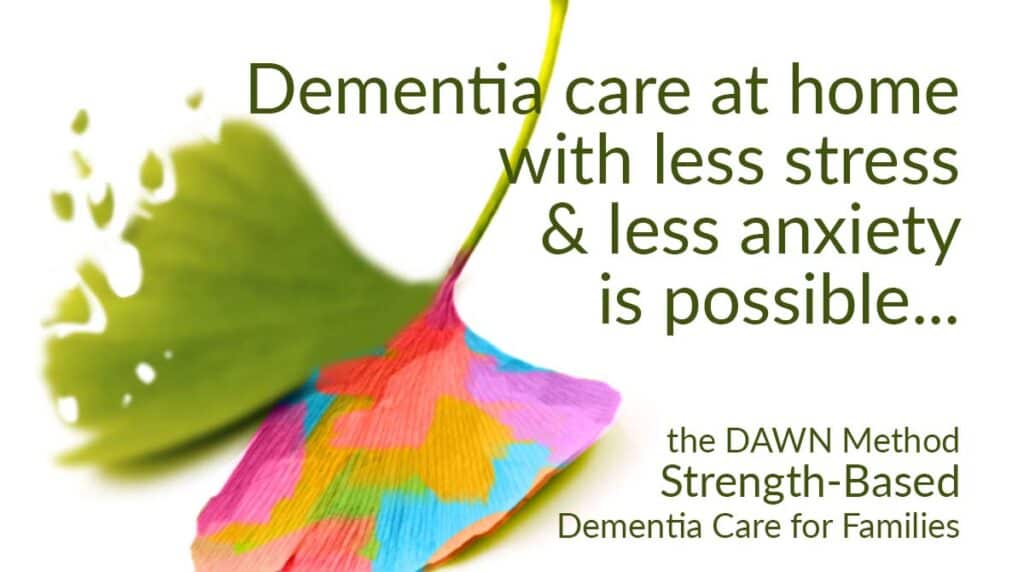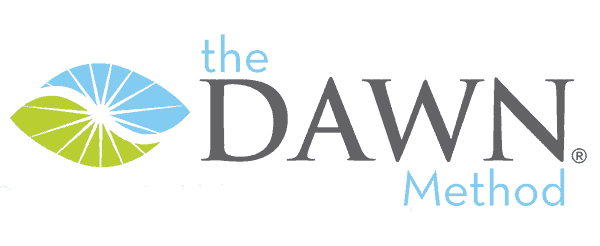No one likes being told what to do, and that doesn’t change when dementia appears. When someone demands that you do something, isn’t your natural response a momentary “Why should I?” or “Who are you to tell me what to do?” When dementia has taken away rational thought, those innate responses aren’t followed by reasoning and acceptance. They remain.
Dementia takes away the ability to reason out what is in their own best interests
Even worse, people experiencing dementia are often unaware of their impairments, a condition we call anosognosia. When people are unaware that they lack memory or good judgment, they are even more resistant to taking direction from others—even though it’s often to their own detriment.
What can we do to help our loved ones and clients choose to willingly do the things we know are in their best interests, and interests as well?

Create a sense of empowerment
There are ways to enhance someone’s feelings of empowerment. When dementia takes away memory and rational thought functions, it becomes difficult to make decisions. If we ask our loved ones or clients open-ended questions we are compounding that difficulty by requiring that they use recall and analysis to come up with an answer.

Avoid open-ended questions
It is much easier for someone with dementia to choose between two options or two items, or to choose whether to do something or not. So, a kind caregiver will ask “Would you like a cookie or piece of pie?” rather than “What to do you want for dessert?” And, “Would you like to go for a walk?” rather than “What would you like to do?” Asking open-ended questions inhibits the ability to exercise choice while presenting options enables it. When we present options, we are using our own rational thought and memory skills to enable our loved ones. Presenting simple options and identifying choices are two ways we can empower someone with dementia.

Make options visible
Another empowering technique for caregivers is to be thoughtful about what is visible and what is not visible in the home. Clutter, or too many options (whether in the kitchen, bedroom or bathroom), inhibits the ability to choose. Clear off surfaces and put out just the items you want used or selected. Lay out a favorite or appropriate outfit on the bed, or put away everything except for the toothbrush and toothpaste by the sink. Set a place at the table with a sandwich and finger food visible under plastic wrap; pour the glass of milk or cup of coffee. Making options visible removes the need for recall and consideration, giving people more opportunities to exercise choice.

Don’t mention the end goal
Does your loved one or client routinely refuse to shower or dress or get ready for doctor appointments? There are several emotional needs that can cause refusals (we go into this in depth when I teach the DAWN Method), but when an activity is consistently refused we need to revamp our approach.
One of our clients does not like going down the hall to the bathroom, most likely because she’s susceptible to urinary tract infections and often has pain on voiding. She associates pain with using the toilet. So, her caregiver never asks her directly. Rather, she suggests that they go look in the mirror so she can fix her hair. The client loves having her hair done and will often use the toilet without complaint once there.
When we feel out of control, our need to regain control in even small ways increases. Conversely, when we are routinely presented with options and given the ability to choose, we feel less need for control overall. Good dementia care means proactively thinking about ways to increase our loved ones’ and clients’ sense of control. We will experience less stress, as well.
§
Is there a better way to navigate dementia?
The odds are against you if you rely on your gut. Working with people who are experiencing dementia requires a new way of interacting. Family members and caregivers (even incredibly empathetic ones) who don’t truly understand this will inadvertently embarrass, frustrate or undermine their loved ones and clients. Learn why that is and how to navigate dementia more successfully in our DAWN Method courses and books.

